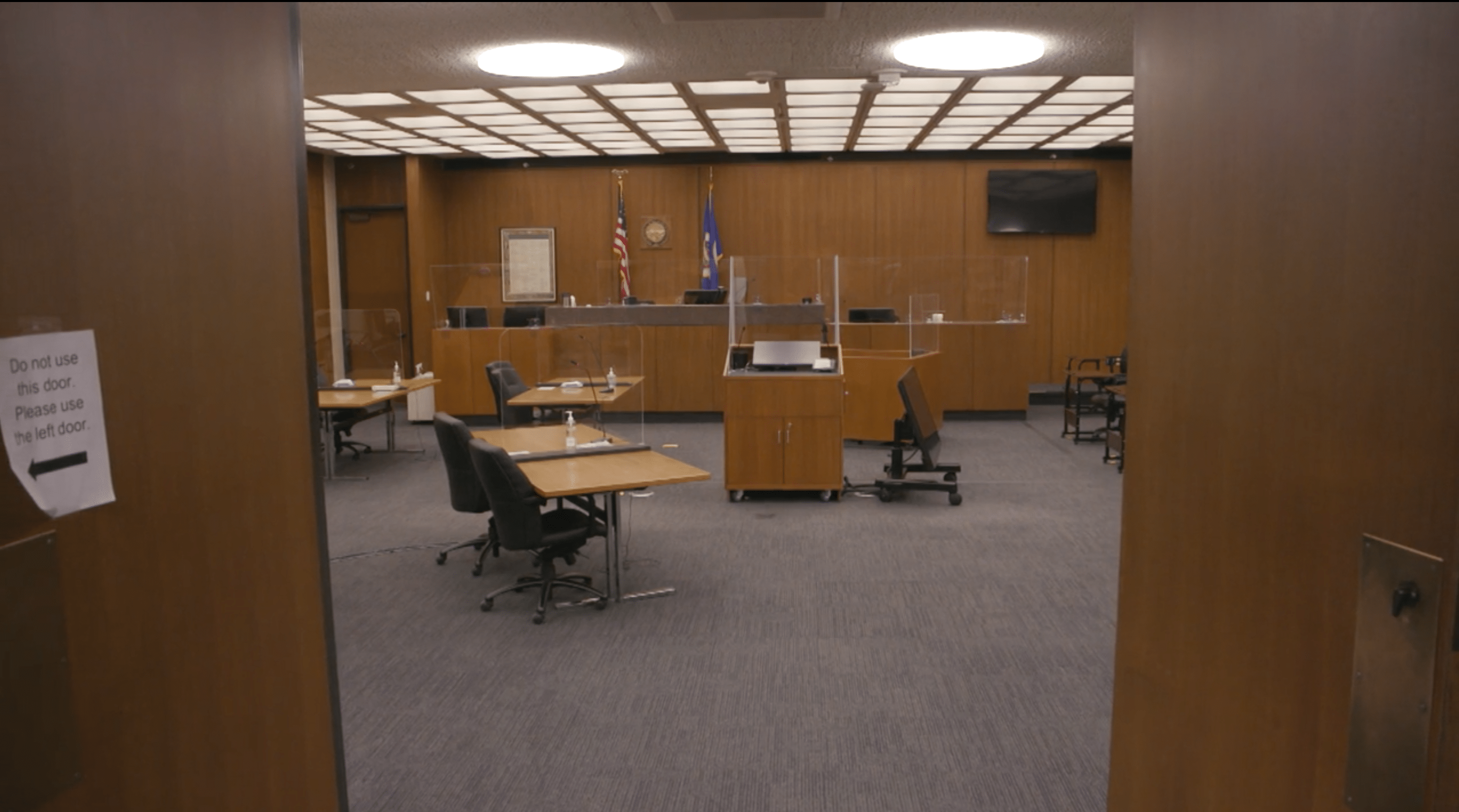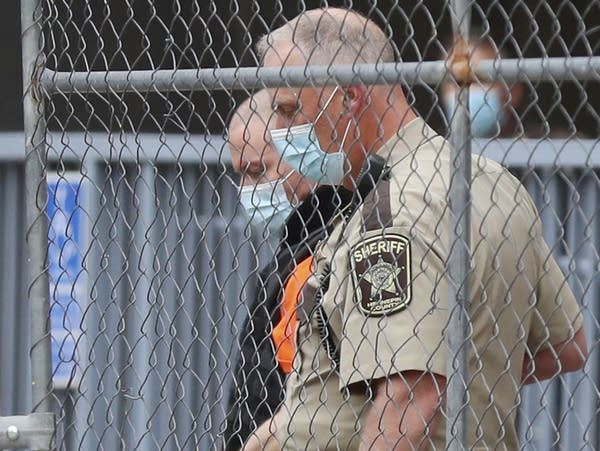Will Chauvin trial start next week? Answer lies in higher court decision
The Court of Appeals heard arguments Monday on whether to add a 3rd-degree murder charge against ex-cop charged in Floyd’s killing

Go Deeper.
Create an account or log in to save stories.
Like this?
Thanks for liking this story! We have added it to a list of your favorite stories.
Updated: 5 p.m.
Whether the trial of former Minneapolis police officer Derek Chauvin starts next week as scheduled hinges on whatever decision emerges from a state Court of Appeals hearing Monday afternoon.
Prosecutors want the appeals court to reinstate a third-degree murder charge against Chauvin, who is already facing second-degree unintentional murder and second-degree manslaughter charges in the killing of George Floyd. The court heard oral arguments over Zoom early Monday afternoon. The judges on the Court of Appeals indicated they will release their decision as soon as possible.
Hennepin County District Judge Peter Cahill dropped the charge against Chauvin in October, and rejected a request by prosecutors last month to add it back on. Cahill said in his decisions that third-degree murder applies to cases where more than one person was put in danger.
But prosecutors are citing an appeals court decision last month that upheld the third-degree murder conviction of former Minneapolis police officer Mohamed Noor for the 2017 shooting death of Justine Ruszczyk. In that decision, the appeals court wrote that third-degree murder charges can be applied when just one person is put at risk by the defendant’s actions.
Turn Up Your Support
MPR News helps you turn down the noise and build shared understanding. Turn up your support for this public resource and keep trusted journalism accessible to all.
Noor last week appealed that ruling to the Minnesota Supreme Court. The high court said Monday it will hear oral arguments in Noor's case in June.
With opening arguments in Chauvin's case just four weeks away, prosecutor Neal Katyal told the judges that the trial court must follow the Court of Appeals' precedent from the Noor case unless and until the state Supreme Court reverses it.
Chauvin's attorney, Eric Nelson, however, argued that the appeals court decision last month did not become precedent until opportunities to challenge the decision in higher courts expired. During Monday’s hearing, appeals court Judge Michelle Larkin questioned Nelson's logic.
”If your position is the decision of this court is not final until an appellate judgement is issued and the Supreme Court does take review, that means people could be waiting for 12-plus months for final judgement, and this court’s precedential opinion in the meantime would have no effect, according to your position," Larkin told Nelson during the hearing.
The Court of Appeals will expedite their decision in the case, Larkin said.
If the charge is reinstated against Chauvin, it’s likely that attorneys will be given more time to prepare their cases — putting next week’s start of the trial in jeopardy.
Cahill ruled in November that all four former officers charged in Floyd’s killing should stand trial together, but reversed course after concerns that there wouldn’t be enough space in a county courtroom to maintain COVID-19 distancing.

Chauvin's trial is scheduled to start next Monday with jury selection. Cahill has said he wants opening arguments to start by March 29. A request by prosecutors to delay the trial due to the COVID-19 pandemic and try all four defendants at once had previously been rejected by the judge. Attorney General Keith Ellison’s office, which is leading the prosecution, has insisted it’s prepared to go to trial on March 8.

Three other former officers charged with aiding and abetting murder and manslaughter are scheduled to go on trial at the end of August.
The appeals court declined to expedite a request by the prosecution to add charges against those defendants.
The Associated Press contributed to this report.


